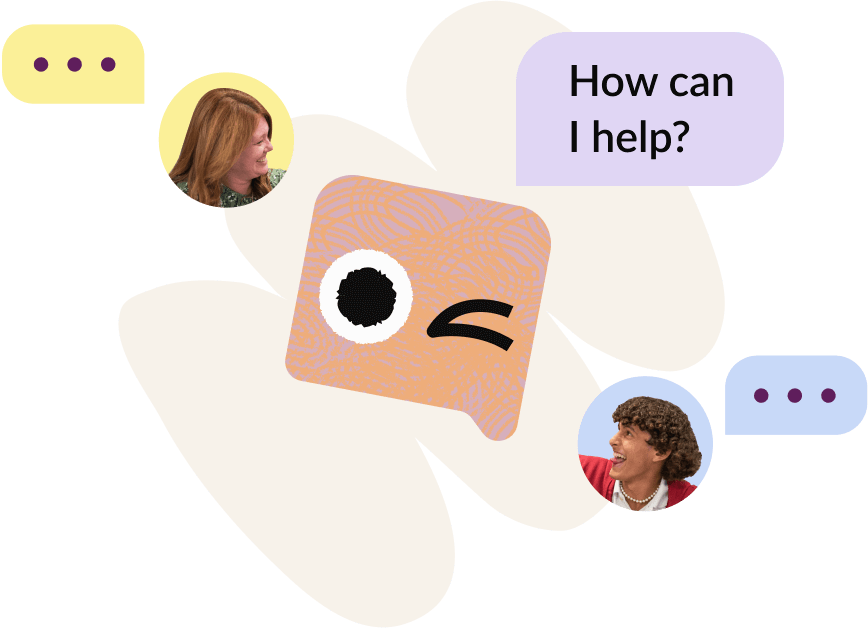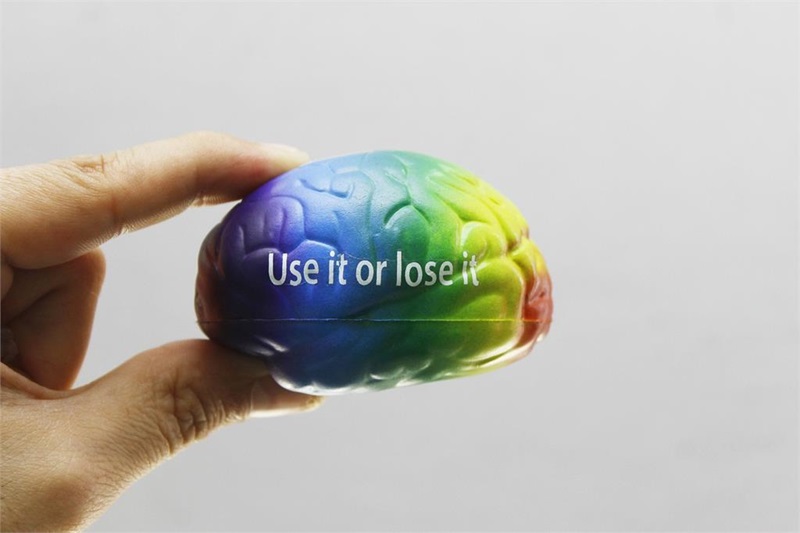Beat the Summer Slide:
7 Ways Students Can Avoid Summer ‘Brain Drain’

Summer break! Time for relaxation, adventure, and maybe a little… brain drain? While summer is a well-deserved break from the school routine, it can also lead to a loss of learning momentum. But fear not, there are many engaging ideas high school students can try this summer (without feeling stuck in school mode) to keep the mind active and avoid the cognitive “summer slide”:
Curiosity. Nothing will better prepare you for long-term success–in high school, college, and beyond–than living a curious life. If you see a historical reference on social media, look up the 18th century figure being quoted, and do it right away because you won’t remember to look it up later (or won’t care anymore later). Importantly, curiosity compounds content ownership over time. Treat not-knowing something like an itch and the scope of the world you understand snowballs. Each new concept is a bit easier–and a bit stickier–with the knowledge of the other concepts that circumscribe it. Remember that thing you were obsessed with but never had time for during the school year? Summer is your chance to explore! Whether it’s dinosaurs, coding, or social justice issues, pick a topic that sparks your curiosity.
Create. Don’t just consume information – create something with it. Write a blog post about your findings, design a video game around your historical hero, or build a model that explains a scientific concept, write in a journal, draw in a sketchpad, build a robot, replace your car headlamp. You have more time for that now than you did during the school year. Ask a parent to help you if you want company. If you prefer to follow one of the other four tips instead, at east make a concrete plan–and it’s not a plan unless you make time visible. Find a way to fill in your calendar with your plan and figure out how to hold yourself accountable.
** Brain Booster Tip: Become a Citizen Scientist!Science isn’t confined to labs anymore. There are tons of citizen science projects online and in your community where you can contribute real data to important research. This summer, help track butterfly populations, monitor water quality in a local stream, or even classify galaxies from space telescope images. Citizen science projects often involve analyzing data and drawing conclusions. This is a great way to sharpen your critical thinking and problem-solving skills.
Exercise. Scientists have found no better way to sharpen your brain than physical exercise. But what about word puzzles? Listening to classical music? Sudoku? Nope… nothing comes close to physical exercise for brain acuity.
Math: Math isn’t just about equations and formulas. It’s all about patterns, logic, and creative problem-solving. Look for online tutorials or apps that gamify math concepts. This summer, try your hand at some fun math activities like these:
- Cooking and Baking: Recipes are all about following ratios and measurements. Experiment with different quantities to see how they affect the final product.
Coding: Learning a basic coding language like Python is a great way to develop computational thinking skills and create interactive projects.
- Read: No better way to bolster reading comprehension has been found than reading. Indeed, researchers have found no very effective other way to reinforce comprehension. When you read, your brain is simultaneously turning letters into words and words into meaning and meaning into understanding and understanding into memory for recall later. For that reason, reading is like a muscle that needs to be worked out so that the brain can readily do all those things at once: The more you read, the easier (and more fun, and more efficient) it is to read. Some colleges (like Columbia, Wake Forest, UGA, and many others) currently ask you, in your application, to speak about books you’ve read and enjoyed outside of school.
Summer is a prime time to get lost in a good book. But, why not challenge yourself with something a little different this year?
- Graphic Novels: Explore history, science, or even classic literature through the engaging world of graphic novels. Study: If you think you’ll have the same one assigned next year, read your older sister’s bio textbook this summer. Get a head start in calculus with Kahn Academy or a head start in world history with Heimler’s History . If you’ll be taking the SATs sometime in the next 12 months (or six weeks), study for them with a plan.

College Professor Michael Ermann is founder of The Olive Book, an innovative online platform providing digital SAT test preparation tools for visual learners. The platform aligns with the evolving collegiate entrance exam prep landscape, focusing on emerging digital SAT test formats.

There students can access preparatory coursework, practice tests with animated answer explanations and other expert resources all driven by expert professors, tutors, and teachers providing the most effective SAT test prep materials. He may be reached at www.olive-book.com.
